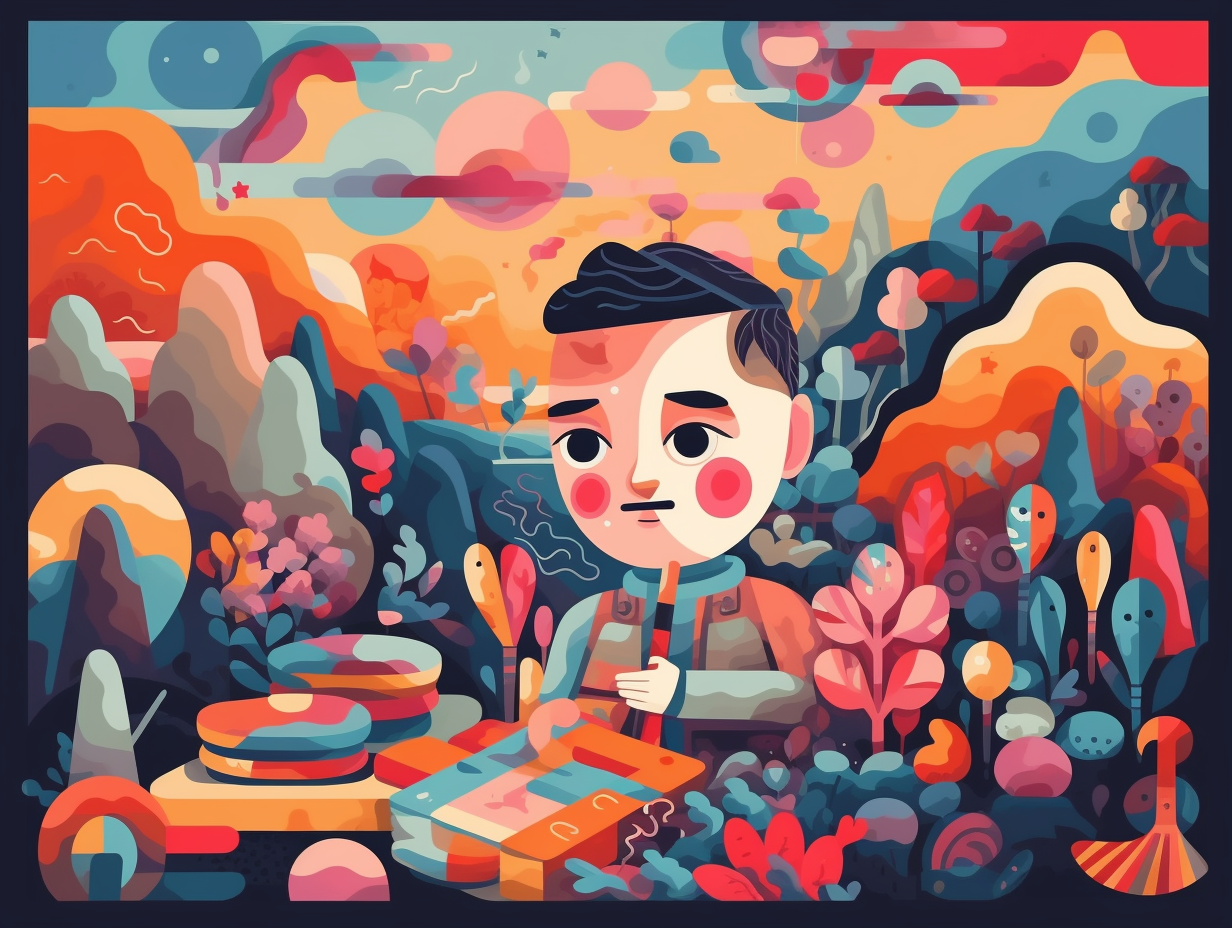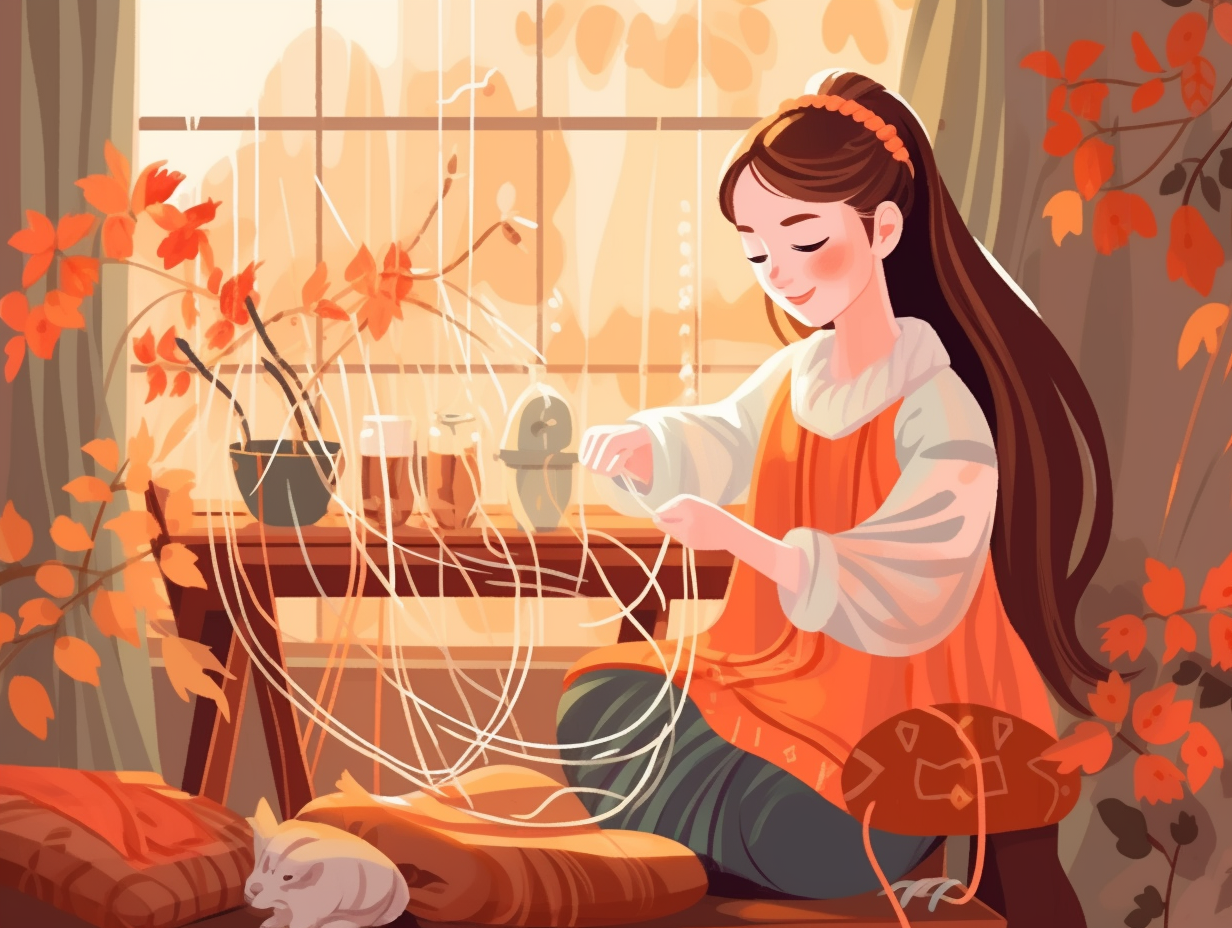Unfolding Wonder: Top 6 Amazing Fun Facts About Origami You Never Knew

1. 1000 Cranes, One Wish
Forget folding laundry, let's talk folding wishes: If you manage to fold 1000 origami cranes within a year, Japanese legend states that the gods will grant you one wish; and it was during the Shogun period that folding cranes became a training tool for young warriors in strategy, precision, and discipline as it was believed to bring happiness, luck, and healing. Today, 1000 cranes hold a deeper significance reflecting peace and resilience in the memory of Hiroshima bomb survivor, Sadako Sasaki.
Source => yougojapan.com
2. Golden Burial Nuggets
Whoever said "all that glitters isn't gold" clearly never attended an ancient Chinese funeral: origami, an art form often associated with playful paper cranes and mathematical marvels, actually has deep cultural and ceremonial roots. Initially used in Chinese burial rituals, sacred golden nuggets called yuan bao were crafted from paper as part of the ceremony, before the art form traveled to Japan and transformed into the origami we know and love today.
Source => origami.me

Did you know Lego bricks weren't always made of the sturdy plastic we know today? Discover the origin of these iconic toys and the fascinating journey to their current material!
=> Fun Facts about Legos
3. Origami Video Game Adventure
Once upon a time in a papery land, where the art of origami ruled and the Mario brothers fought for princesses in folded-paper castles: Tearaway, a video game heavily inspired by origami, was upgraded and remastered for PlayStation 4, immersing players in a world created entirely of paper crafts and allowing them to explore using origami-based gameplay mechanics.
Source => reddit.com
4. Crane's Ceremonial Roots
Before the crane became a symbol of construction sites, it was busy flapping its wings in Japan's ancient folding game: Origami dates back to the 6th century A.D. in Japan, where it had ceremonial purposes due to the high cost of paper, with folded cranes appearing on ceremonial kimonos as early as the 16th century. Today, this 1,000-year-old, good luck-inducing bird remains a cherished figurine in the global world of paper artistry.
Source => blog.nationalgeographic.org

5. Geometry Teacher's Secret Weapon
Did you hear about the geometry teacher who folded under pressure? She turned to origami for a mental lift: Origami is a versatile teaching tool, as it helps students grasp geometry, spatial relationships, problem-solving skills and can also impart knowledge about history and culture, given its deep roots in Japanese tradition.
Source => paperpapers.com
6. Life-Saving Origami Duo
Next time you fold away from a boring conversation, consider taking up origami; it's not just for artistic show-offs: In fact, the Demaine father-son duo employed this ancient paper-folding technique for potentially life-saving purposes, such as designing effective airbags and even studying proteins to find cures for diseases.
Source => huffpost.com





